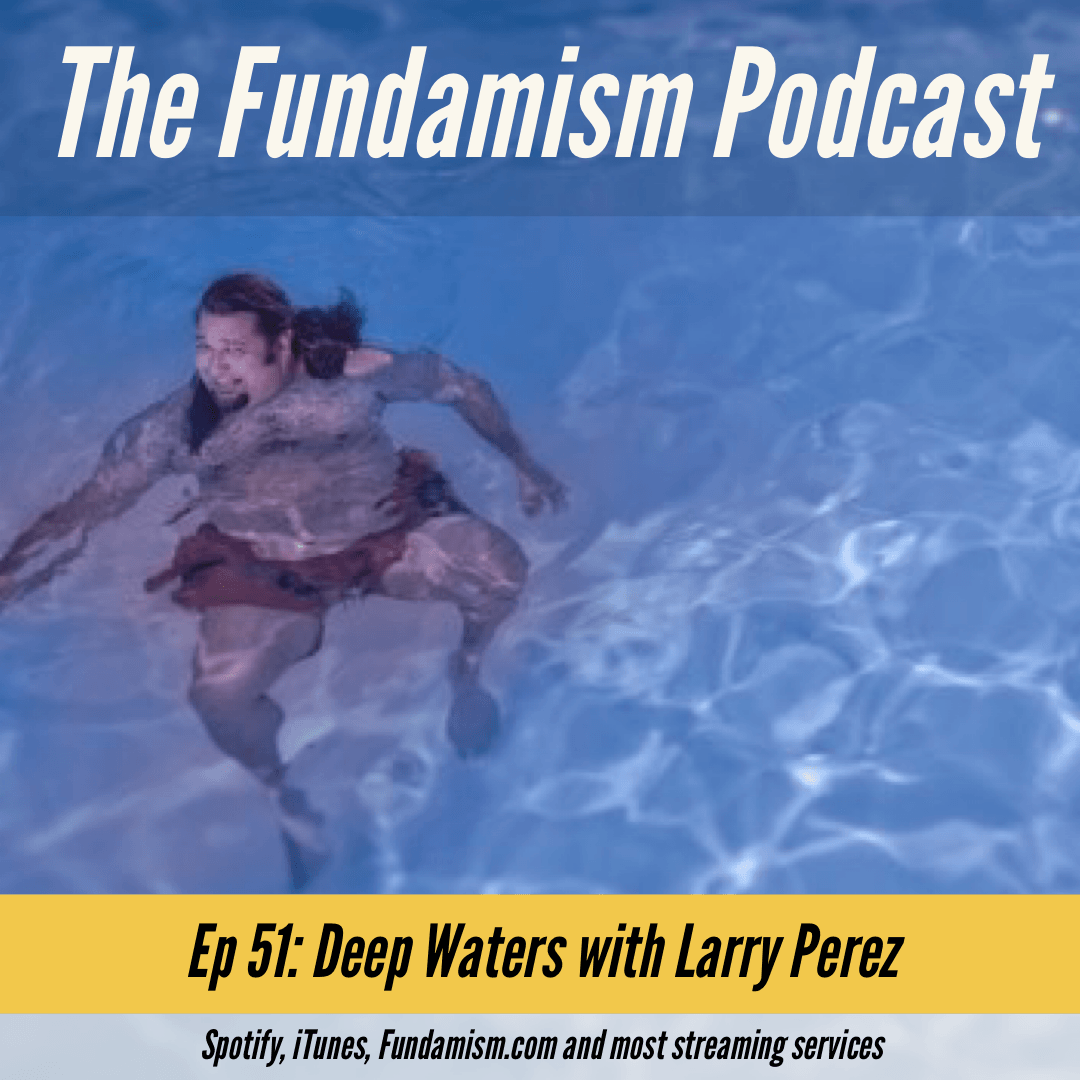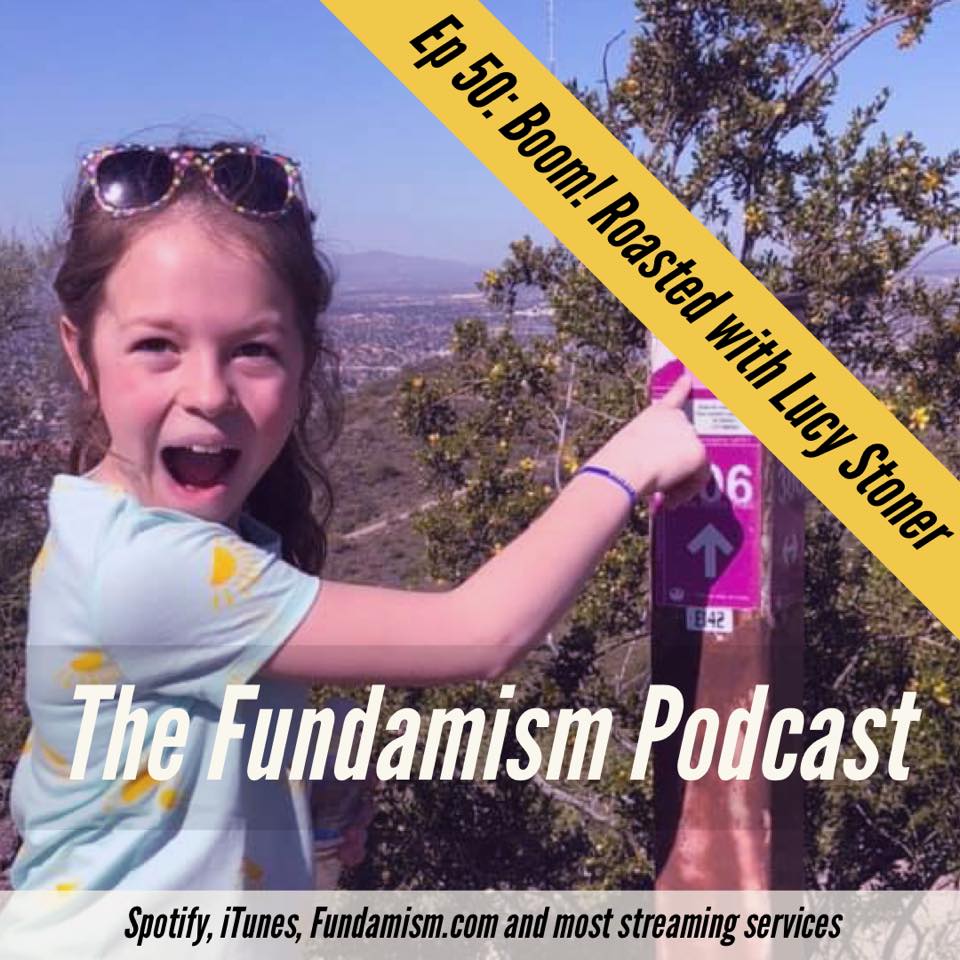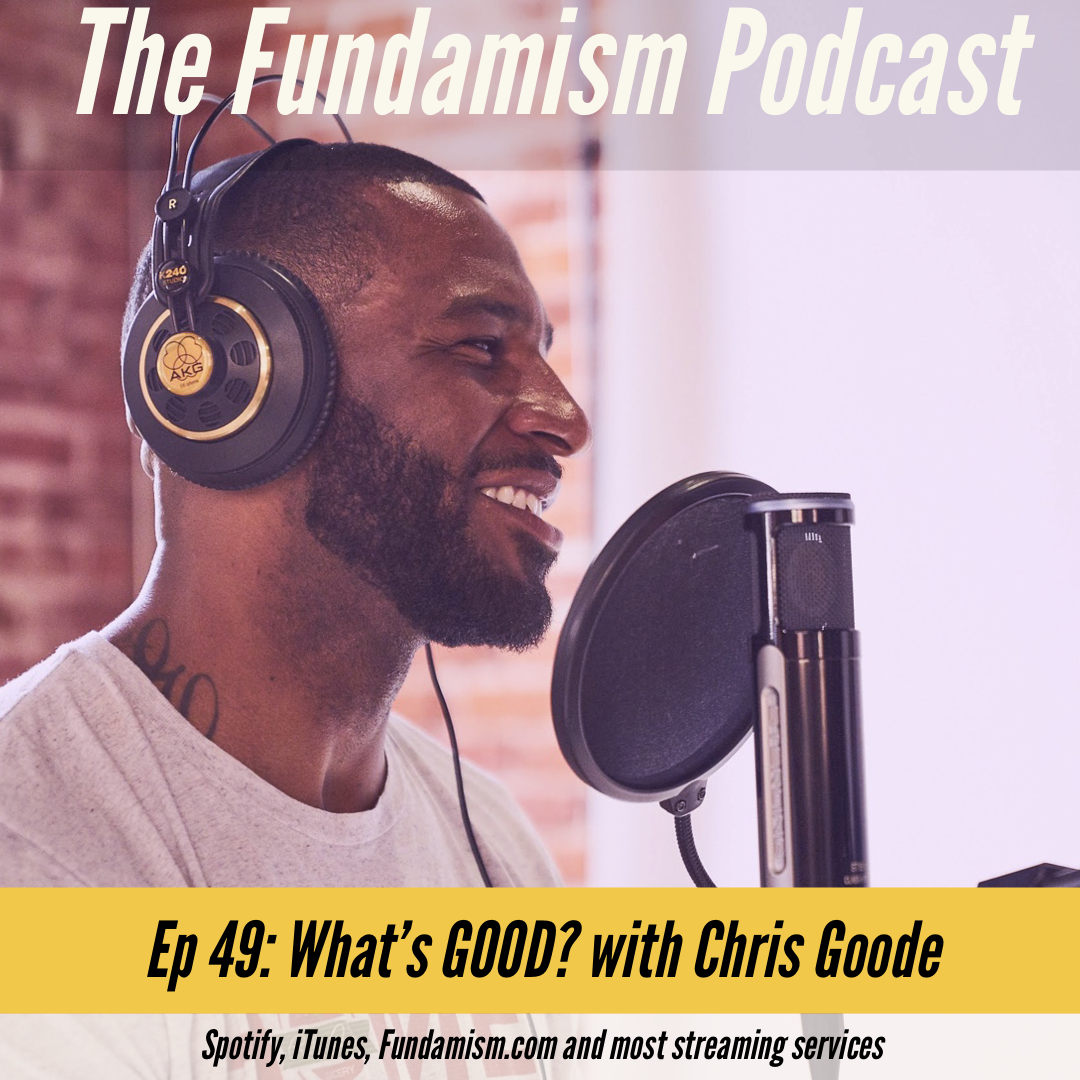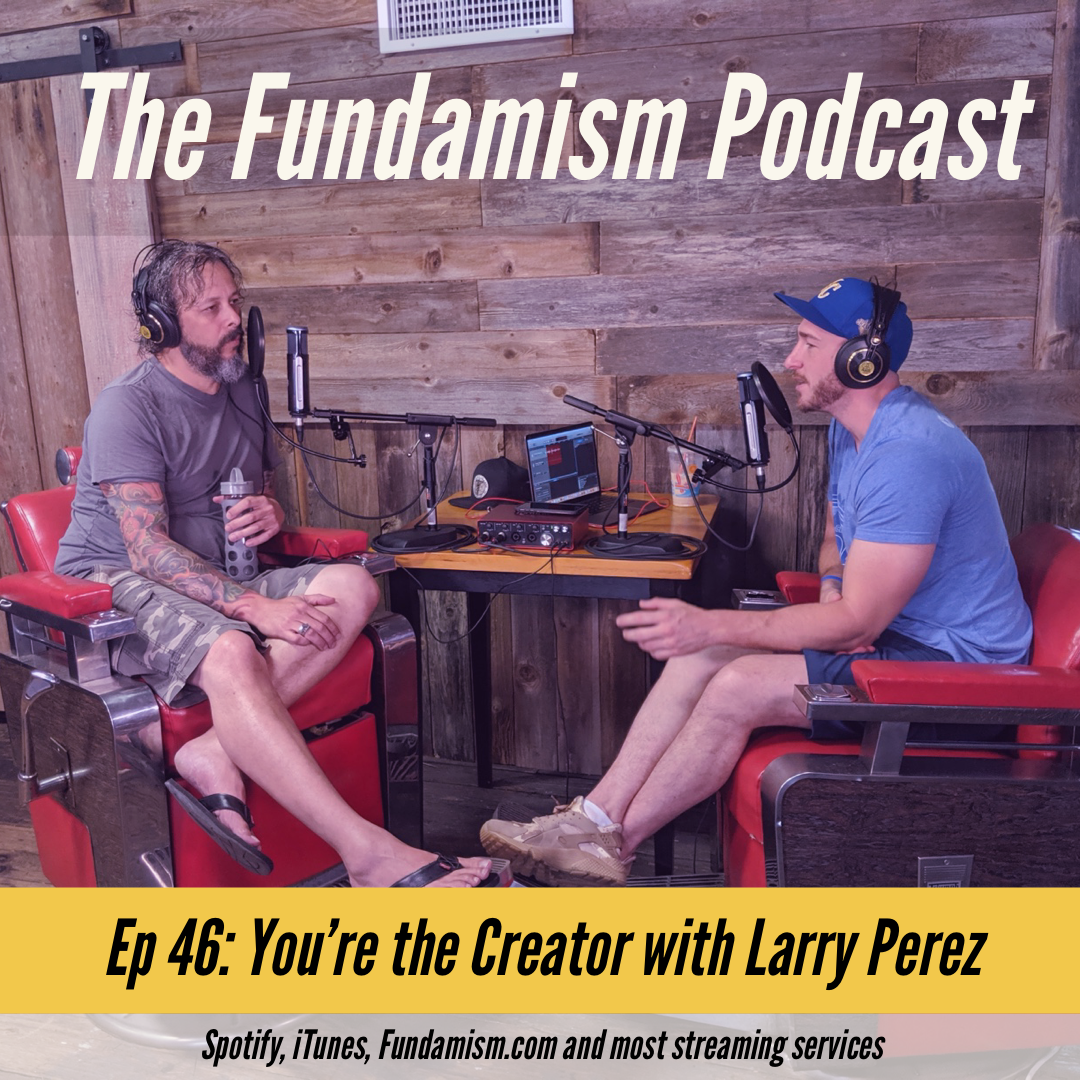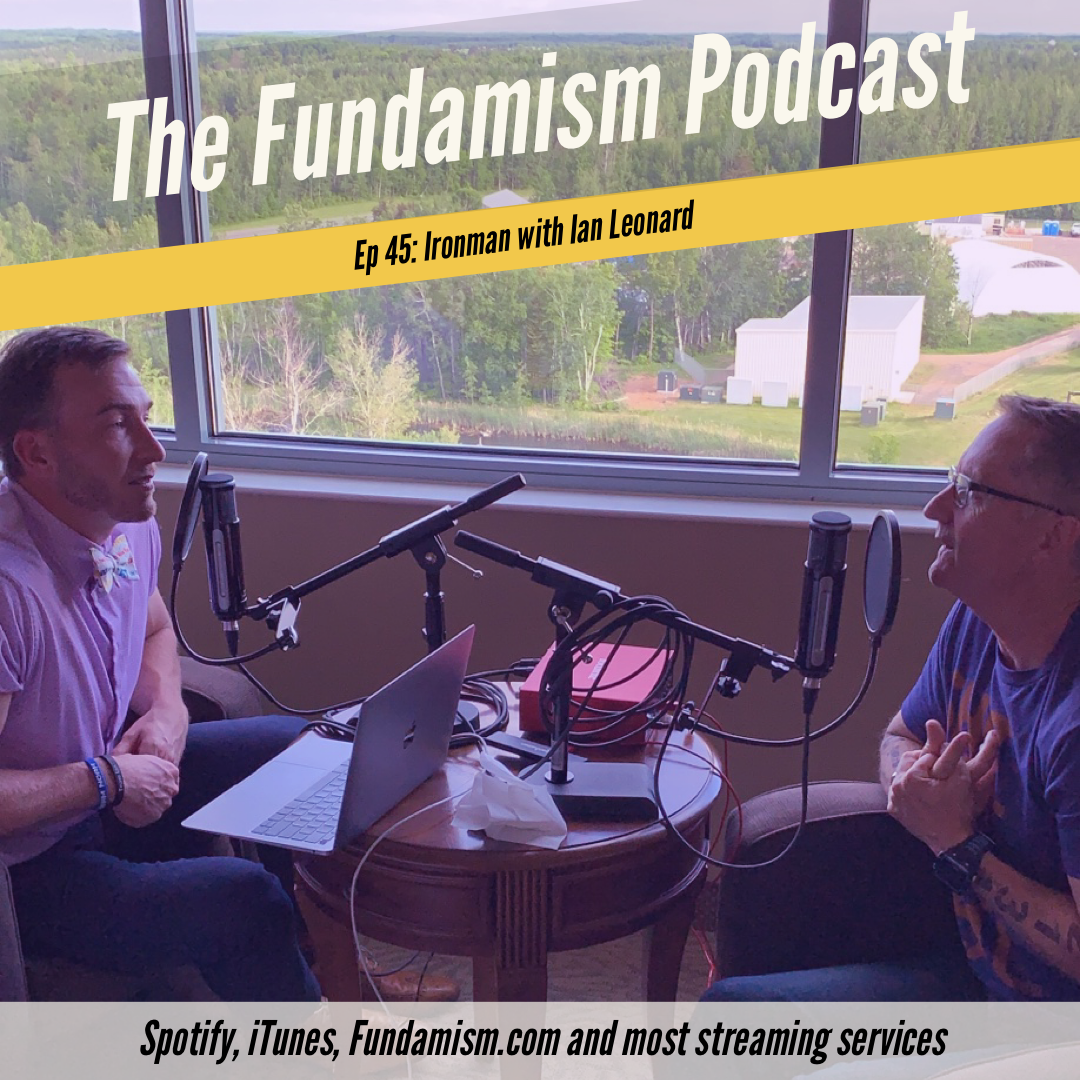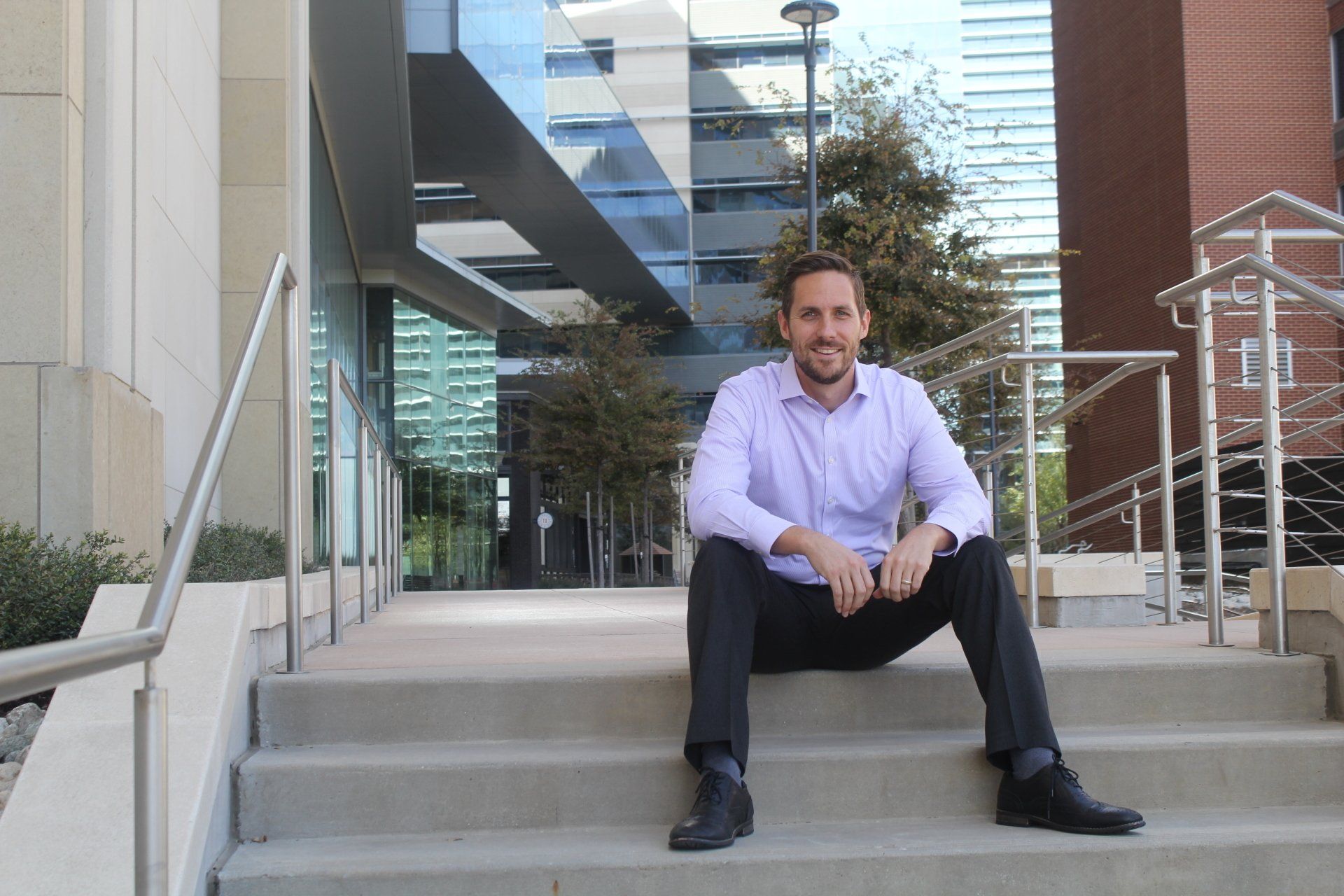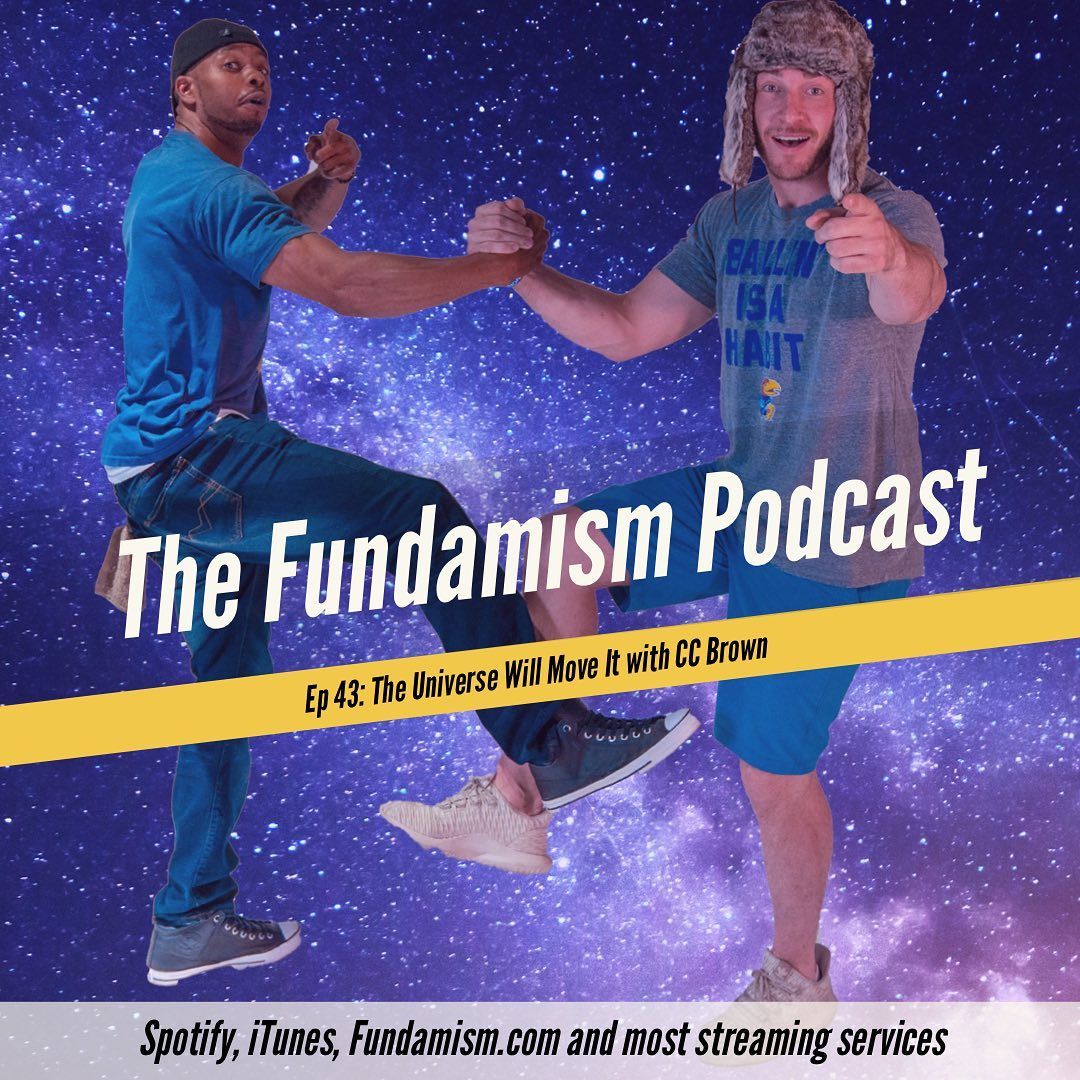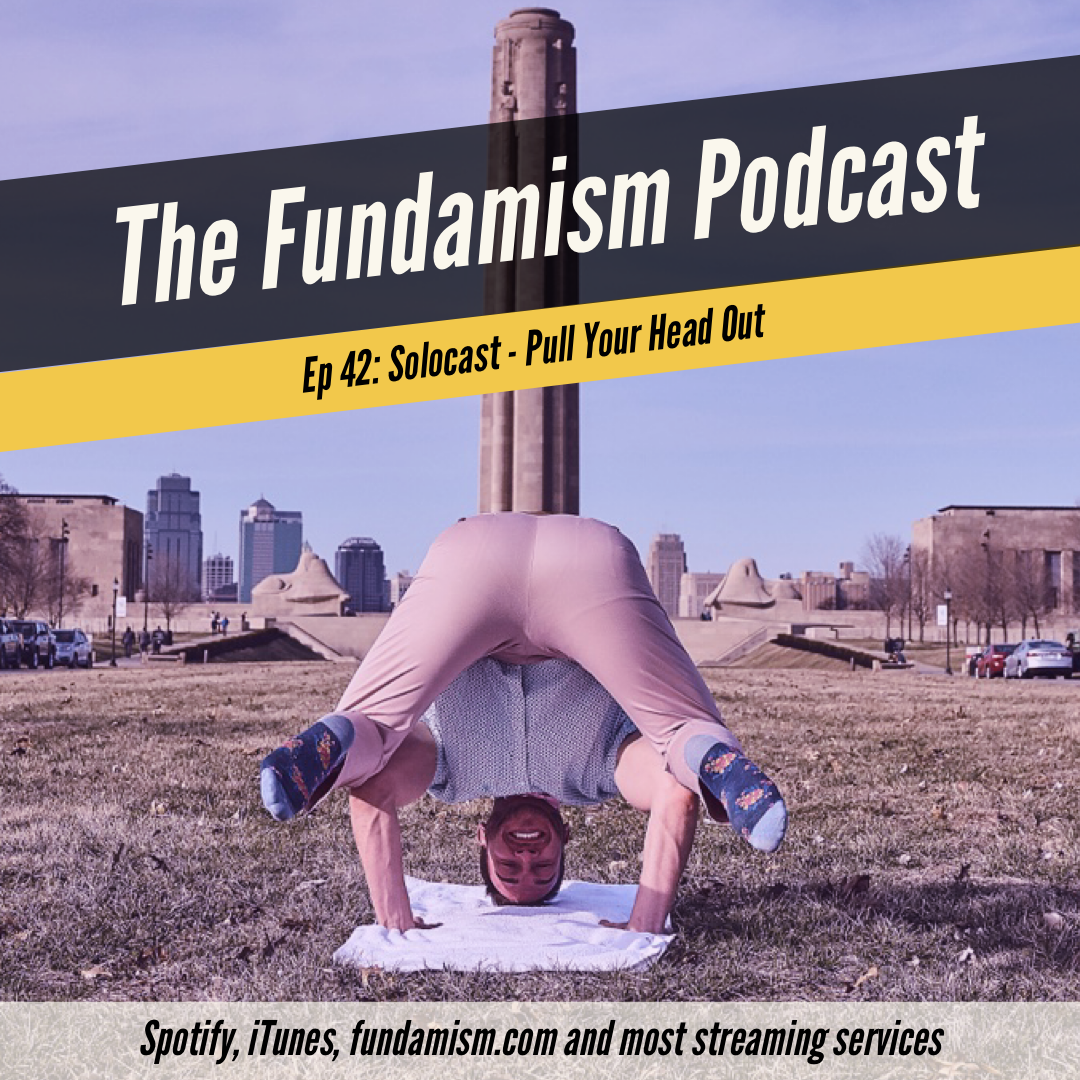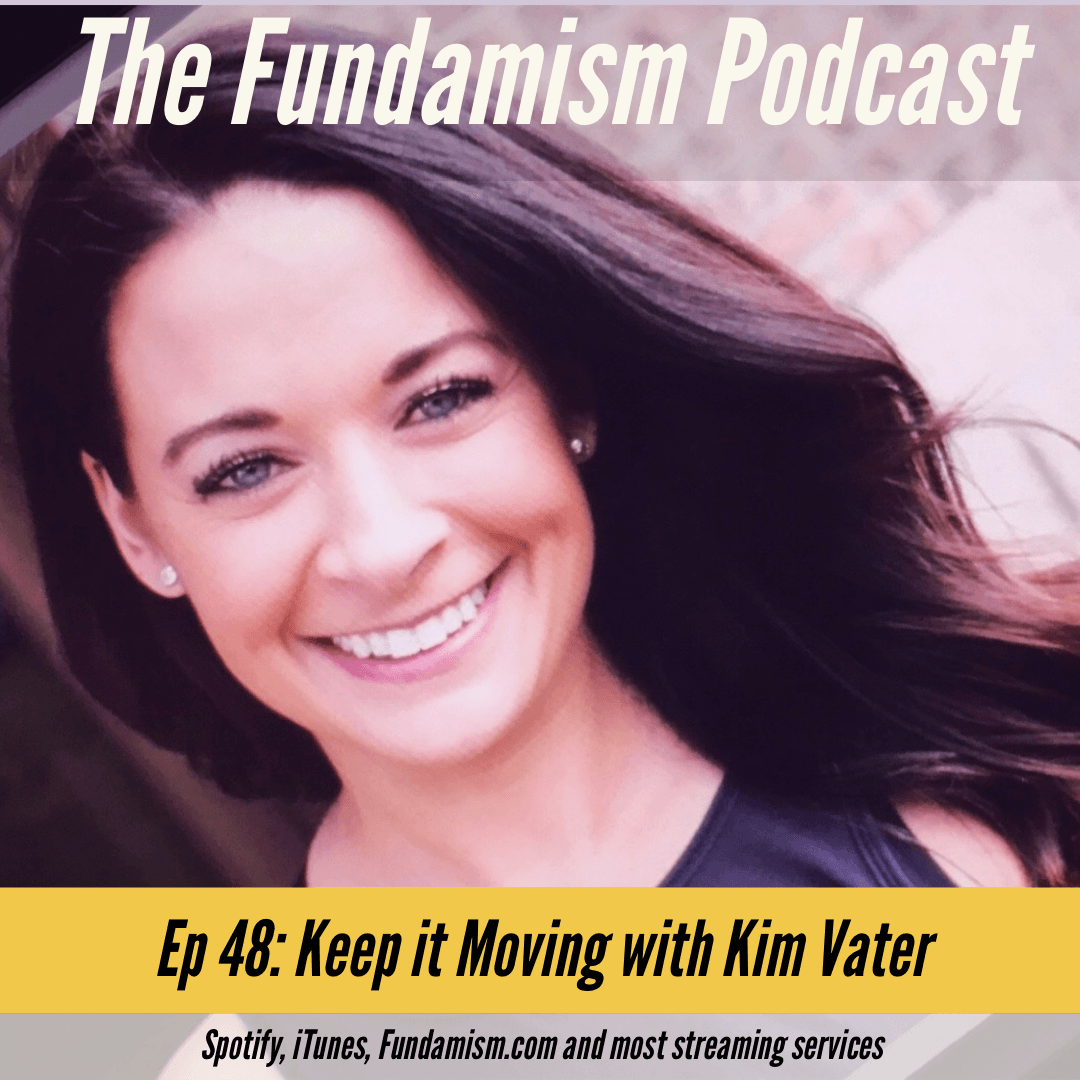Featured FUNdamental: Get Out in Nature
- By Dr. Allison Edwards, MD
- •
- 15 Oct, 2018
- •
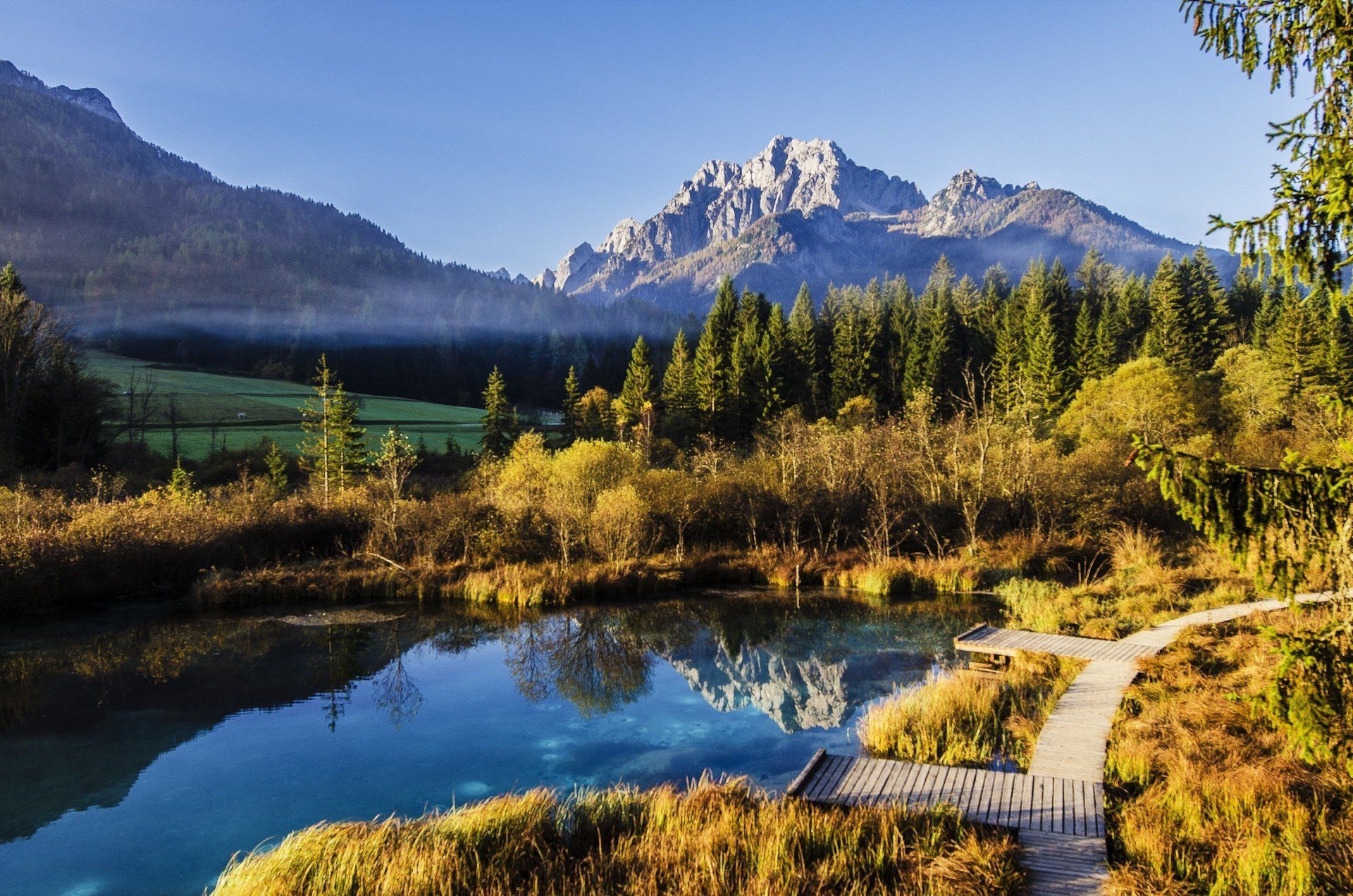
I (Paul Long) recently had the opportunity to keynote a customer event for McKesson Pharmaceutical. My friend and VP of Oncology for McKesson, Noreen Browne, introduced me to an Oncologist out of Salina, KS, by the name of Dr. Peeran Sandhu. Dr. Sandhu advised that often times when faced with big challenges or problems, he likes to go outside for a jog. When he returns back to the office or home from being outside, the big problems don't seem so big anymore.
Nature can have a profound impact on your mindset. In this Featured FUNdamental, guest blogger and Fundamism Podcast guest, Dr. Allison Edwards, MD, lays out the basics and benefits of going outside. Enjoy!
WHAT:
Go Outside
WHY:
There are a thousand reasons why we don’t go outside: no time. Too many bugs. Too hot. Too cold. Too windy. It's boring. Whatever. Toss those aside. Whether you like it or not, nature is our refuge, and it’s time we spent more time embracing it.
We, as humans, simply weren’t designed to sit indoors all day. We evolved outdoors, and those of us who continue to connect with nature, “have been found to be healthier overall than other individuals” and have been shown to display, “increased levels of satisfaction with one's home, one's job and with life in general.” (Full article from Health Promotion International here)
Additionally, people forced into nature for a bit showed a decrease in rumination, that pesky habit we all have of getting stuck on a thought or worrying about something and revisiting it multiples times it in our heads. Moreover, that same 2015 study in Proceedings of the National Academy of Science study found actual signs that the chemistry of the brain changed after that nature experience -- for the better. Wild, right?
HOW:
- Don appropriate attire.
- Exit the building.
- This next part is where it gets interesting:
- Just start walking. Or rolling. Or jogging. Or sitting. Enter the natural space as it exists just outside your door. Taking in the outdoors doesn’t require a commute, and even if you’re in the middle of the city, it’s there. It’s the grass growing in the sidewalk (if that doesn’t amaze you, just take a second to think of all the forces that had to come together for that grass to grow!), or it’s the canopy of trees that overhang the sidewalk. It’s watching that same canopy change come fall. It’s a summer evening where, closing your eyes, you hear the natural world around humm and throb with insect life. It's seeing that the flowers planted down the street attract bees, butterflies, and hummingbirds. It’s inspecting the rocks that make up the foundation of your neighborhood and imaging the millennia of history they contain. It’s laying in the park and looking at the clouds float by. This, my friends, is outdoors.
- Incorporate outdoors into your day. Walk to work. Walk to the grocery store. Step outside in the middle of your day to feel the freeze of winter or the blazing heat and humidity of summer. Stop thinking about work and give yourself permission to step away. (Extra points if you leave your phone inside -- just for a bit, you’ll be fine. I promise.)
- Make a plan to go on an outdoor adventure. Start small -- find a hike in a nearby park on a walking path or trail. Or plot out a route for a Saturday bike ride (wear your helmet!). Maybe plan a weekend of camping at a county or state park. Perhaps you’re up for a visit to one of the country’s national parks -- they’re protected for a reason, and if you’re willing to go backpacking (yes, grab all your gear and food for a few nights and trek out a dozen or so miles!), you’ll be amazed. In the true sense of the word.
(As a scientist, I feel obligated to also point out that nature isn’t harmless -- it’s been after us for eons and wreaks havoc every second of every day. There’s the occasional fire, avalanche, hurricane, flood, rockslide, falling tree, mauling bear, sunburn etc. etc. that is harmful. Heck, even gravity gets us all when we stumble and fall! So. Just -- be careful. Everything in moderation.)
Allison Edwards, M.D., founded and cares for patients at Kansas City Direct Primary Care, provides locums coverage at rural hospitals from Missouri to Colorado, is a consultant for the healthcare startup Sesame, and is volunteer faculty at both the University of Colorado and the University of Kansas. You can follow her on Twitter and Instagram at @KansasCityDPC and read her full bio online.